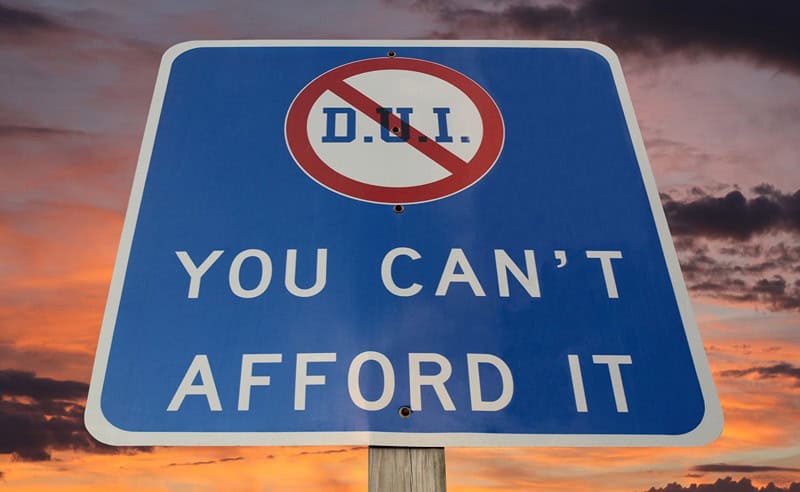
Investigative Article
The Truth Behind State DUI Laws: The Relationship between Strict Legislation and Drunk Driving Accidents
Driving under the influence (DUI) is a leading cause of accidents on the road, a fact that every driver knows and fears. To combat this problem, most states have implemented strict laws to discourage drivers from drinking and driving. Arizona is often cited as one of the states with the toughest DUI laws in the country.
The Truth behind the Toughest State DUI Laws: Are They Effective?
Despite Arizona's strict DUI laws, drunk driving continues to be a serious problem in the state. In 2018, there were 4,854 alcohol-related crashes in Arizona, resulting in 320 deaths and 3,080 injuries. While the number of alcohol-related crashes has decreased over the years, it is clear that tougher DUI laws are not a panacea for the problem of drunk driving.
How Do Strict DUI Laws Affect DUI Offenders?
Arizona's mandatory use of an Ignition Interlock Device (IID) for all DUI convictions, including first-time offenders, is intended to prevent the offender from drinking and driving again. While this is a useful measure, it is not without its drawbacks. Most DUI offenders find the installation of an IID to be a severe inconvenience, and it can be challenging to adjust to the device's requirements.
Do Strict DUI Laws Affect Other Aspects of Life?
Strict DUI laws can also have far-reaching consequences on a person's life. A DUI conviction can result in hefty fines, loss of driving privileges, and even jail time. A person with a DUI conviction may struggle to find employment, housing, and may even face social stigma. While the intention of strict DUI laws is to prevent drunk driving accidents, it is essential to consider the broader implications of such laws.
Which States Have the Most Lenient DUI Laws?
While Arizona is often cited as having the toughest DUI laws in the country, some states have more lenient DUI laws. In some states, a first-time DUI conviction carries only a fine and a brief license suspension, without requiring an Ignition Interlock Device. These lenient DUI laws have caused concern among safety advocates, who worry that they encourage drunk driving and contribute to the number of alcohol-related accidents.
The Relationship between Strict Legislation and Drunk Driving Accidents
The relationship between strict DUI laws and drunk driving accidents is complex. While these laws are intended to curb drunk driving, they may not be the most effective approach. The key to reducing drunk driving accidents lies not in the strictness of the laws but rather in addressing the underlying behaviors that lead to drunk driving. This approach requires a combination of education, counseling, and support. By addressing the root causes of drunk driving, we can reduce the number of alcohol-related crashes on the road.
The Importance of Safe Driving Habits
While strict DUI laws have their place in discouraging drunk driving, we must not rely on them as a panacea for the problem. Instead, we must educate ourselves and develop safe driving habits. This means avoiding drinking and driving, avoiding distractions on the road, and always wearing a seatbelt. With a little effort and care, we can reduce the number of accidents on the road and keep ourselves and our communities safe.
It is clear that the relationship between strict DUI laws and drunk driving accidents is complex. While Arizona's tough DUI laws may be intimidating, they do not always result in a significant reduction in accidents. To prevent drunk driving, we must take a multifaceted approach that addresses the underlying behaviors that lead to drunk driving. By developing safe driving habits and working together, we can create safer roads for all.
Arizona DUI Laws-
Social Plugin